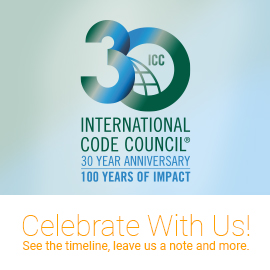
Study finds three-quarters of buildings have defects
An article published in August by Australia’s ABC News — A legacy of defects — examines the issue of high-rises and the recent spike of high-profile building failures. The study notes that an alarming 667,394 apartments, flats or units have been built in Australia since the end of 2000, according to data from the Australian Bureau of Statistics. A second cited study by Deakin and Griffith universities found that high-rise defects were a problem in every state and territory, ranging between 71 and 97 percent for apartment towers. The most common defects identified in the report were water ingress, internal and external wall cracking, roofing and guttering problems, and tiling faults.
The article goes on to reference a report commissioned by Australian state and federal building ministers which bolstered the findings that regulation of high-rise buildings is deficient and recommended a crackdown on private certification, registration of everyone involved in the building process and the appointment of a building commissioner. The situation is blamed in part on the recent movement of governments removing themselves from the equation and instead introducing private certification for the industry. Now, builders are required to secure third-party certification for various aspects of construction. The privatization of this sector — once a function of local councils — means these surveyors are engaged directly by the builder, or by the property owner, who often receives input from the builder or designer, creating an “inherent potential for conflict of interest.” The use of non-conforming and non-compliant building materials which has also been on the rise is often cited as another contributor to the building failures.
Like in Australia, many jurisdictions in the U.S. utilize private inspection agencies, but in most cases, they are engaged by the building department responsible for enforcing the codes, not the home builder, and generally they need to be credentialed and/or accredited. The U.S. system also encourages the training, certification and accreditation of these third parties as well as construction product evaluation by product certification agencies like the ICC Evaluation Service.
In recognizing the shortcomings in its system and aiming to identify examples of international best practice in building regulation and control systems from around the world, Australia has established the International Building Quality Centre at the University of Canberra from which law reformers, policymakers and stakeholders from Australia and around the world can learn from past experiences and international best practices. The Centre aims to provide a sounding board or a point of reference for stakeholders who wish to develop codes and laws that improve public safety, promote cost-effective construction systems and sustainability within the built environment.





